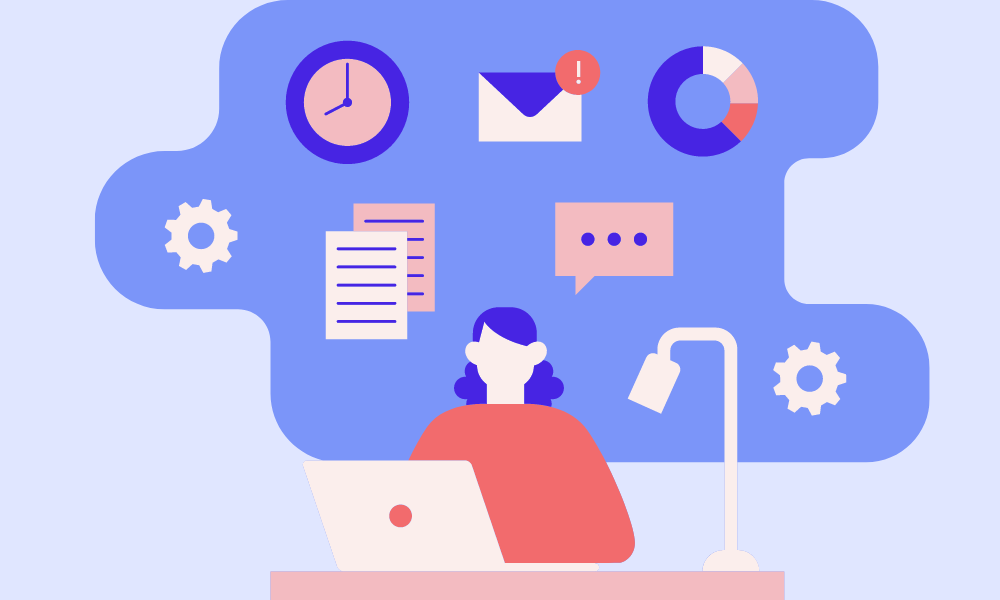Python With Django
When it comes to full-stack development using Python with Django, the goals remain similar to those mentioned earlier, with the additional objective of building end-to-end web applications that encompass both front-end and back-end development. Here are the goals specific to full-stack development using Python with Django:
Seamless integration: Python with Django offers a seamless integration between the front-end and back-end components of a web application. The goal is to create a smooth workflow where the front-end (user interface) and back-end (server-side logic) work together efficiently.
Consistent development language: Python's versatility allows developers to use the same language throughout the entire development stack. With Django, both the front-end and back-end can be written in Python, promoting code consistency and reducing the learning curve for developers.
Efficient data handling:Full-stack development often involves managing databases and handling data flow between the front-end and back-end. Django provides an Object-Relational Mapping (ORM) system that simplifies database operations, making it easier to handle data and ensure data integrity across the application.
Enhanced user experience: With full-stack development using Python and Django, you can create interactive and dynamic web interfaces that provide a rich user experience. Django's template engine and support for front-end frameworks like React or Vue.js enable the creation of dynamic web pages that respond to user actions in real-time.
Improved performance: Python's performance, combined with Django's efficient architecture, helps in building high-performance web applications. By leveraging Django's caching mechanisms, database optimization techniques, and Python's extensive libraries, you can achieve faster response times and better overall performance.
Deployment and scalability: Python with Django provides robust deployment options and scalability features. You can deploy Django applications on various hosting platforms, such as Heroku, AWS, or Google Cloud Platform. Django's ability to handle high-traffic websites ensures that your full-stack application can scale to accommodate increased user demand.
Code maintainability and reusability: Django's structure promotes code modularity and reusability, making it easier to maintain and update full-stack applications over time. Python's clean syntax and strong community support further contribute to code maintainability and facilitate collaboration among developers.
By leveraging the strengths of Python and Django, full-stack developers can achieve the goal of building comprehensive web applications that seamlessly integrate front-end and back-end functionality while ensuring performance, scalability, and maintainability.
Overview
- Skill level Beginner
- Language English
- Assessments Yes
- Project Yes
Learning Outcomes
- LIVE PROJECT End to End Software Testing Training Included.
- Learn Software Testing and Automation basics from a professional trainer from your own desk.
- Information packed practical training starting from basics to advanced testing techniques.
- Best suitable for beginners to advanced level users and who learn faster when demonstrated.
- Course content designed by considering current software testing technology and the job market.
- Practical assignments at the end of every session.
- Practical learning experience with live project work and examples.cv
